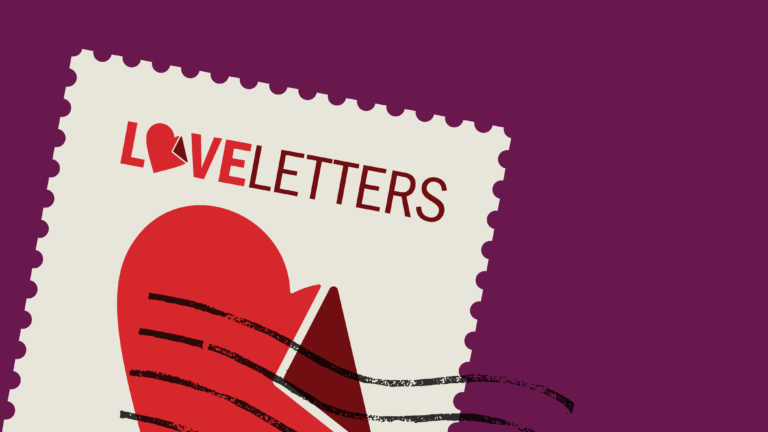Copyright Boston.com

Q. Who do you talk to or what do you do when you have something to express but don’t want to share it with anyone? I tend to have personal questions in my mind, conflicts, or emotions I want to express. The thing is, I don’t want to share with anyone I know. I don’t why I’m this way, it’s not really anything too serious. I am kind of afraid of vulnerability and complaining too much (sometimes I feel the need to rehash things I’ve already brought up), so those are likely factors. I think I would also like to talk to someone objective. For this reason, I sort of treated ChatGPT as a therapist, or maybe more of a friend, since it was more to vent to and get validation than take advice from. However, I know this isn’t a great idea, so I stopped using it and haven’t for a month, and I won’t let myself because I would likely fall back into using that. But now I’m left with those thoughts, with no one to vent them to and get an objective (and maybe positive) response from. And it’s not that I don’t have good friends and family, I just don’t feel comfortable telling anyone I know, nor do I think people would be interested in my random hopes and ideas that I just want to share in the moment. Nor would they have the right advice and enthusiasm tailored to the exact thing I’m talking about. And I feel like it might not help in some cases, because I feel like advice and validation just once isn’t often enough. So what should I do? Who knows, maybe I’m just looking for someone to like my ideas and make me feel seen and heard in the moment when I’m down. But it would be nice to have a response to my thoughts and worries, instead of them lingering unanswered. – Thoughts A. I’ll admit it: I believe ChatGPT can be helpful sometimes – because it’s combing the world for information and trying to tell users how life could get better. But it’s not a person. You say you were using ChatGPT as a therapist, so why not find an actual therapist? There are apps for this now. Some mental health professionals allow you to negotiate fees. Please look into your options, and try for consistency. My therapist is so much better than any kind of AI validation bot. She has figured out what style of counseling helps me evolve. I no longer give her a long list of worries; instead, we talk about what the worries represent, so I know myself better. I feel more whole when I’m on my own. Outside of therapy, it would help if you made closer connections with your loved ones and allowed yourself to feel vulnerable in front of them. You can tell them you’re not looking for advice or a list of things to do; it’s more about sharing what’s on your mind. They’re not ChatGPT. They won’t validate you or respond directly to every word. But their perspectives might broaden your way of thinking. I do hope you’re asking friends about their state of mind. That’s what friendship is – a back and forth. You won’t annoy them by sharing if you’re interested in their lives and show it. One last idea: a good old-fashioned journal. It can be so effective to sit in a room and write your thoughts. I assume that typing this letter helped you clarify your questions. Imagine doing that every time you had a big, deep puzzle in your brain. The act of sharing it – even to a page, for yourself – gets it out of your head and into the world. At the end of the day, you’re your own best audience. – Meredith Readers? What is this letter writer looking for? Is ChatGPT culture making it harder for people to get feedback in a real, disorganized human way? Here’s a thing I wrote about ChatGPT being bad at helping me plan a vacation. Ask questions about dates, no dates, love, divorce, friendship, breakups, getting back out there, in-law drama, or whatever, through the anonymous form – or email [email protected].



